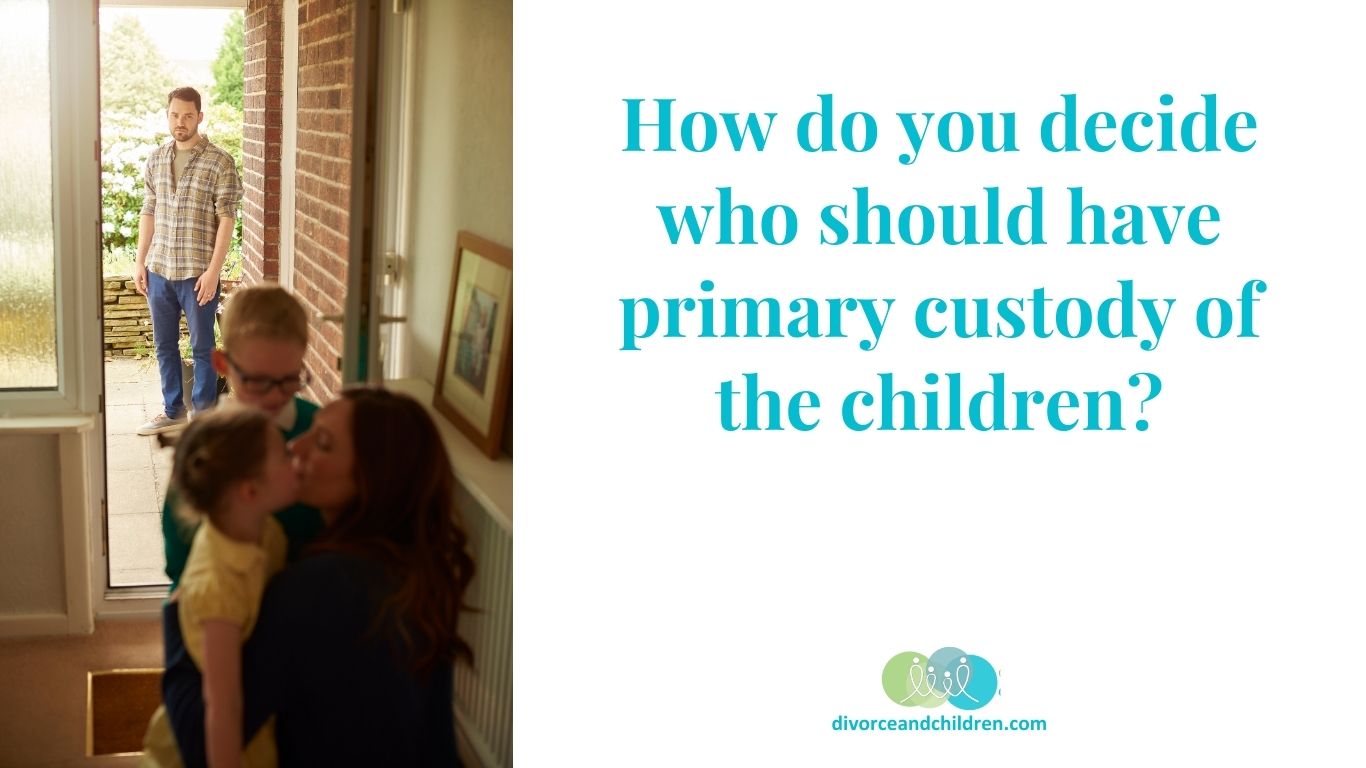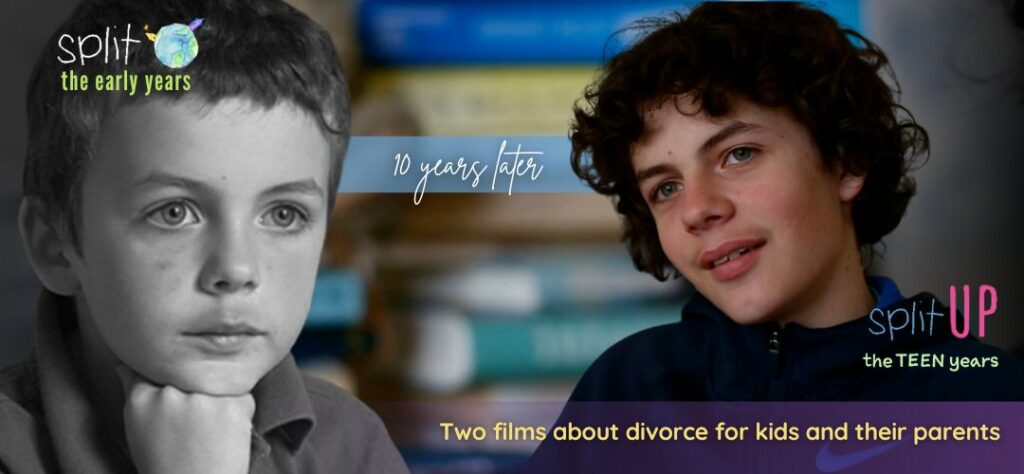How do you decide who should have primary custody of the children?
Q – What’s the best way to decide who should have primary custody of the children?
A – Although your marriage relationship may have ended, your roles as Mom and Dad last a lifetime. Concepts like primary or sole custody tend to undermine healthy parent child relationships because they perpetuate the idea that parents no longer have equal value in children’s lives. Sole custody also sets up a dynamic where one parent is viewed as the primary parent while the other parent by default gets placed in the role of visitor. No matter how amiable your relationship may be, adopting this kind of thinking often creates problems down the road for both parents and kids.
Rather than focusing on who should assume sole custody, I encourage parents to bypass court-based options and jointly focus on creating parenting arrangements based on their children’s needs.
One way to cultivate a positive co-parenting relationship is to implement a two-home concept. What that means is regardless of how time is spent between Mom and Dad; children should feel a sense of belonging and connection in each household. So instead of using words like “visitation” or “visiting” “sole custody” or “primary custody” you talk about time with Mom and time with Dad. Rather than children having one home, you support children having a home with each parent.
Here are a couple of points to consider before you create a parenting agreement and decide how to arrange time with children.
- What was your children’s life like before you separated? How involved were each of you in children’s day to day care?
- Now that you are living apart, how will each of you continue to be an active part of your children’s lives? How can you support your children’s time with the other parent?
- How are children used to spending time with each of you? What needs to change and what needs to stay the same?
The key to success is developing a relationship that makes parenting your children the central focus. Remember while your relationship has changed, your children’s needs have not.






